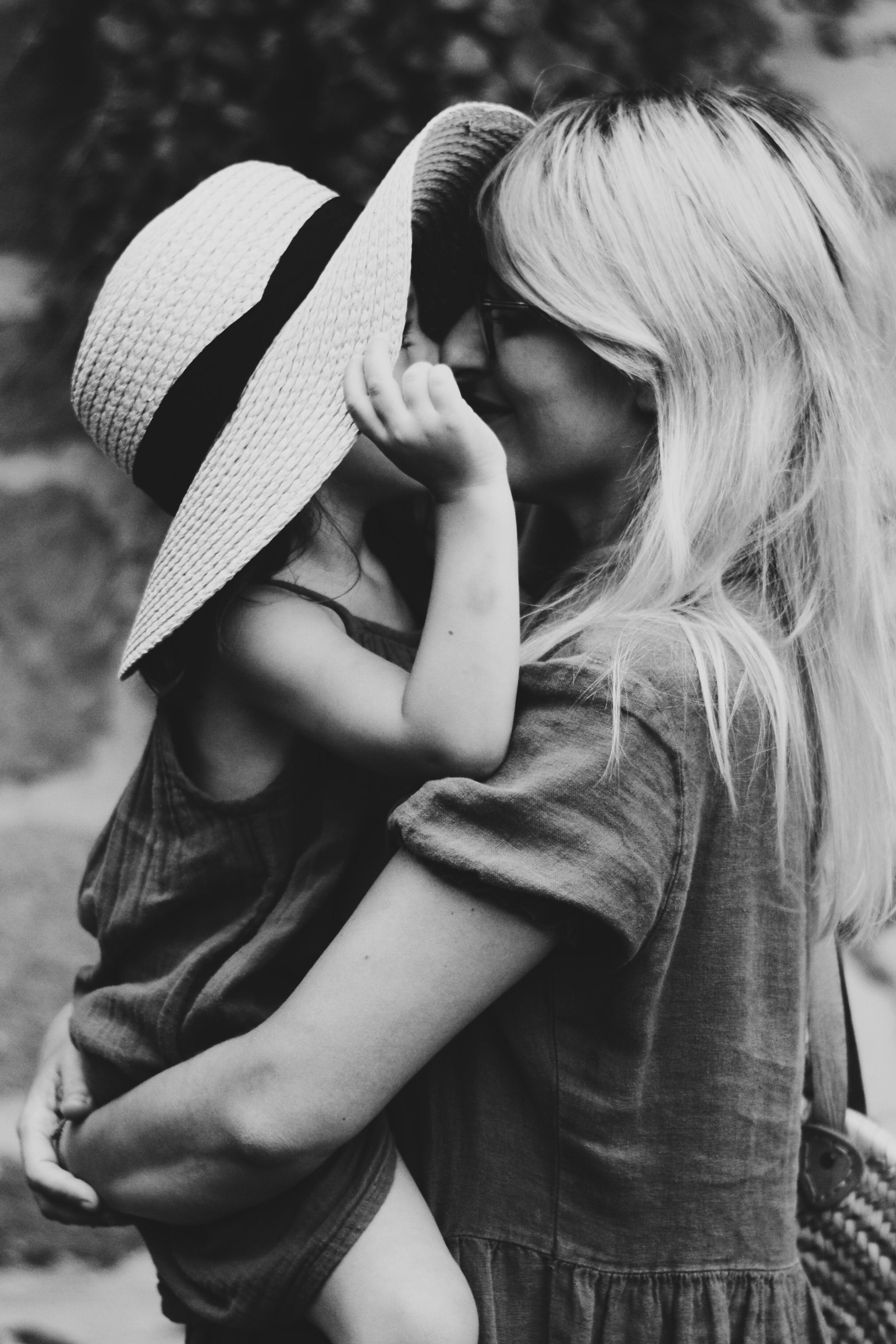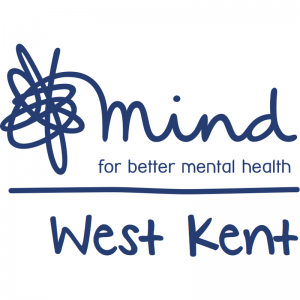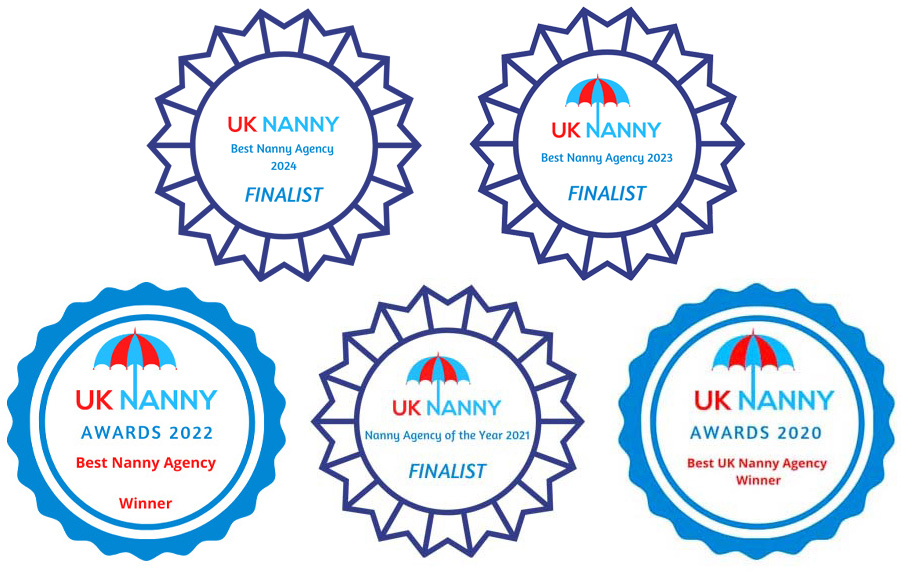I need some help!

What’s in a name?
Mental health, like physical health, is very personal and individual. Hattie from West Kent Mind explained to me that although some conditions associated with perinatal (pregnancy plus a year) mental health have names – depression, anxiety, obsessive compulsive order, post-traumatic stress disorder and psychosis – each mum will experience different feelings and emotions which will manifest themselves in a variety of ways.
How you feel in a moment is how you feel – it doesn’t need a name if your gut instinct is that you’re not feeling right.
Common experiences are of feeling alone and overwhelmed but there is a myriad of other symptoms. Remember that we’re all different, though, and just because you don’t tick all the symptoms’ boxes, doesn’t mean you’re not unwell. Trust your gut instinct.
How to find help
Everyone I spoke to strongly advocates opening up and talking to someone be that a partner, a friend, your doctor or a health visitor, for example. And if you don’t think that they’re being receptive, rather than struggling on, you could contact Mind. In Tonbridge they have a Mums’ Support Group to which you can be referred by a medical professional or you can self-refer. The support group offers creche facilities and is a safe space where you can speak freely and seek the right help.

There are other support groups and websites, of course, and some of them are listed at the bottom of this piece.
If you are feeling alone then rest assured that, although we’re all different, there will always be someone who has been through something similar…
Silke’s story
Silke Thistlewood and her partner hadn’t taken the decision to have children lightly and once pregnant, they were excited at the prospect of parenting. When their first daughter arrived though, Silke started to avidly plan her day around her baby’s nap times, becoming very anxious if the nap didn’t happen or if her daughter woke up earlier than planned.
Her anxiety meant that she felt permanently tense across her shoulders and with a knot in her stomach; she had shallow breaths and was short tempered. She wasn’t enjoying life as everything revolved around the baby.
Silke’s health visitor was attentive and kept checking in to see how Silke was getting on. They discussed the possibility of some talking therapy (often cognitive behavioural therapy) but in Silke’s mind, she just couldn’t see how she would fit it in around her baby’s routine.

If you have experienced mental health issues around motherhood once, then it’s likely that you might again and Silke was aware of this when she was pregnant with baby number two. Once her second daughter was born, she felt overwhelmed and her anxiety combined with depression. Luckily, a health visitor caught her at a very low point and knew that she needed help.
Silke admits that there isn’t a quick fix and that it can take buy valium 20mg online time to recover. She implores mums feeling low to speak to someone and not to be put off with “you’re over emotional, this is normal,” or “just suck it up and get on with it”.
Silke found that advice was sometimes impractical with a small child around (have a break/meet a friend for coffee/do something you love) and so she has started a business called Nourish to Thrive which aims to offer more practical support to mums – tips and tricks that will help to see you through the day.
Nikki’s story
Nikki Wilson of Ten of Zen experienced an extremely traumatic birth which resulted in a beautiful baby boy but a very poorly mum. After a very long labour without pain relief, being transported from birthing centre to hospital, losing blood and needing to go to theatre, Nikki was left physically and mentally broken. When her baby was four days old, suffering from severe exhaustion she suddenly became paralysed, conscious but unable to speak. She thought she was dying. Nikki knew something was wrong.
She cried all the way home after being discharged and went to bed where her nightmare continued – she felt detached, became highly sensitive (hypervigilance) and in her words, “I was not functioning as a human being. I was so anxious that I couldn’t sleep without someone holding my hand.”
As time went on it became clear that she was suffering from extreme post-traumatic stress disorder as a result of the birth. Eventually, a family member recommended a counsellor and she very tentatively started the road to recovery.
Nikki’s experiences made it obvious to her that something was wrong but she’s keen to point out that mental health issues are sometimes hard to identify, especially if they don’t take effect straightaway. “Depression can kick in one to two years after birth; anxiety can escalate from just a small niggle.”
Nikki agrees with Silke that it takes time to recover – she tells me she feels anxious whilst talking to me about her experiences – but mindfulness really helped when she returned to work after maternity leave (that, make-up and medication – Three Ms). She has established Ten of Zen which “provides mindfulness tools and training to help mums stress less and love more.”
You’ll be glad to know that the birth of her second son was much better thanks to a great support team of counsellors, consultants, midwives and her partner.
Having a baby is a major life event and not one to be taken lightly. It does change you physically and mentally and we shouldn’t shy away from that. These women are using their experiences positively but there was undoubtedly a time when that would’ve seemed impossible. If you are felling unwell, please reach out to someone – there is something to be said for “Happy mum, happy baby.”

